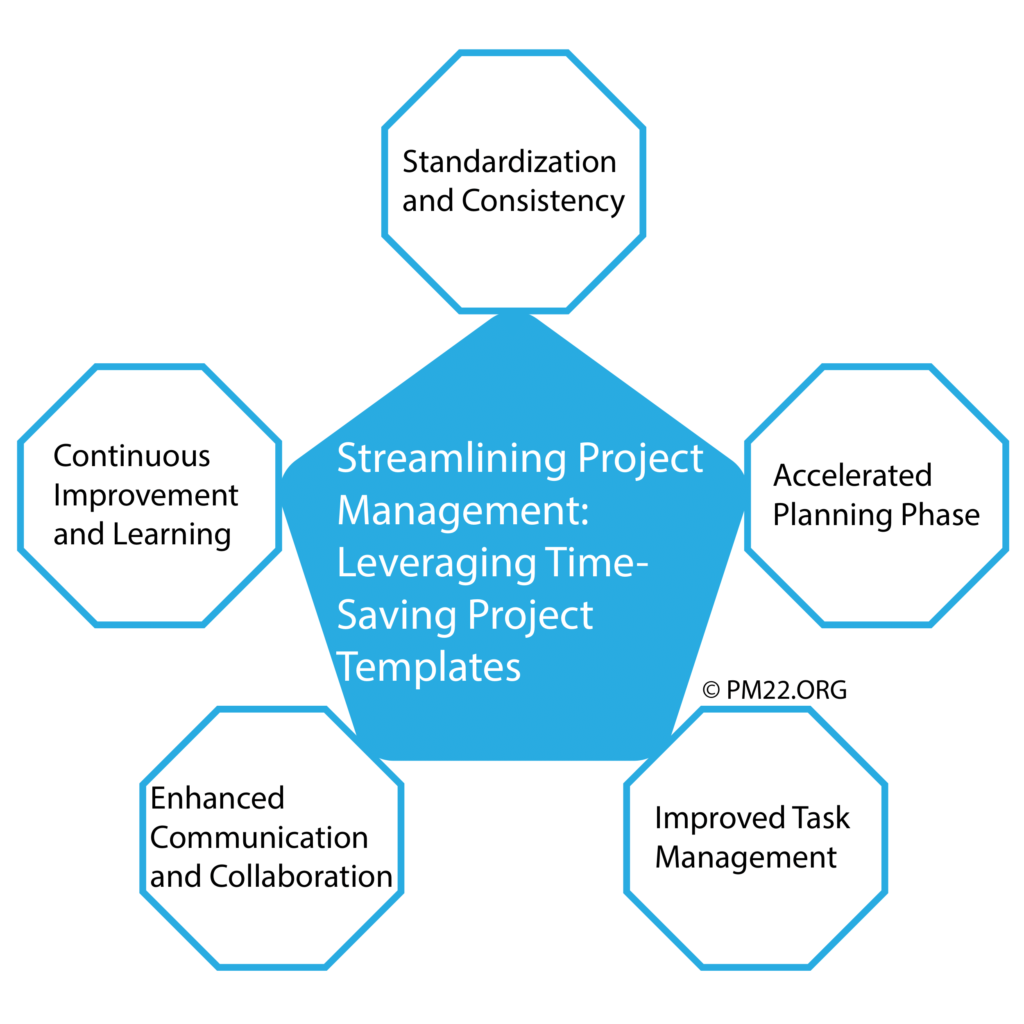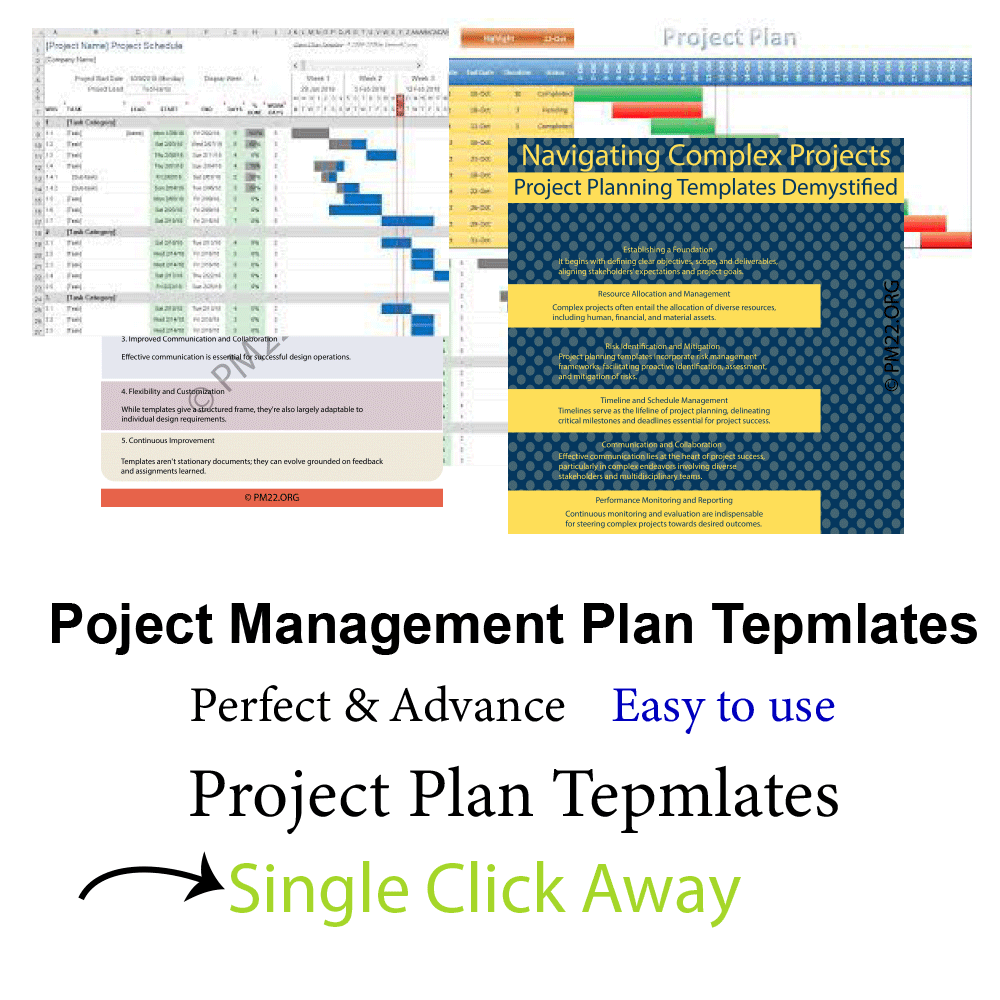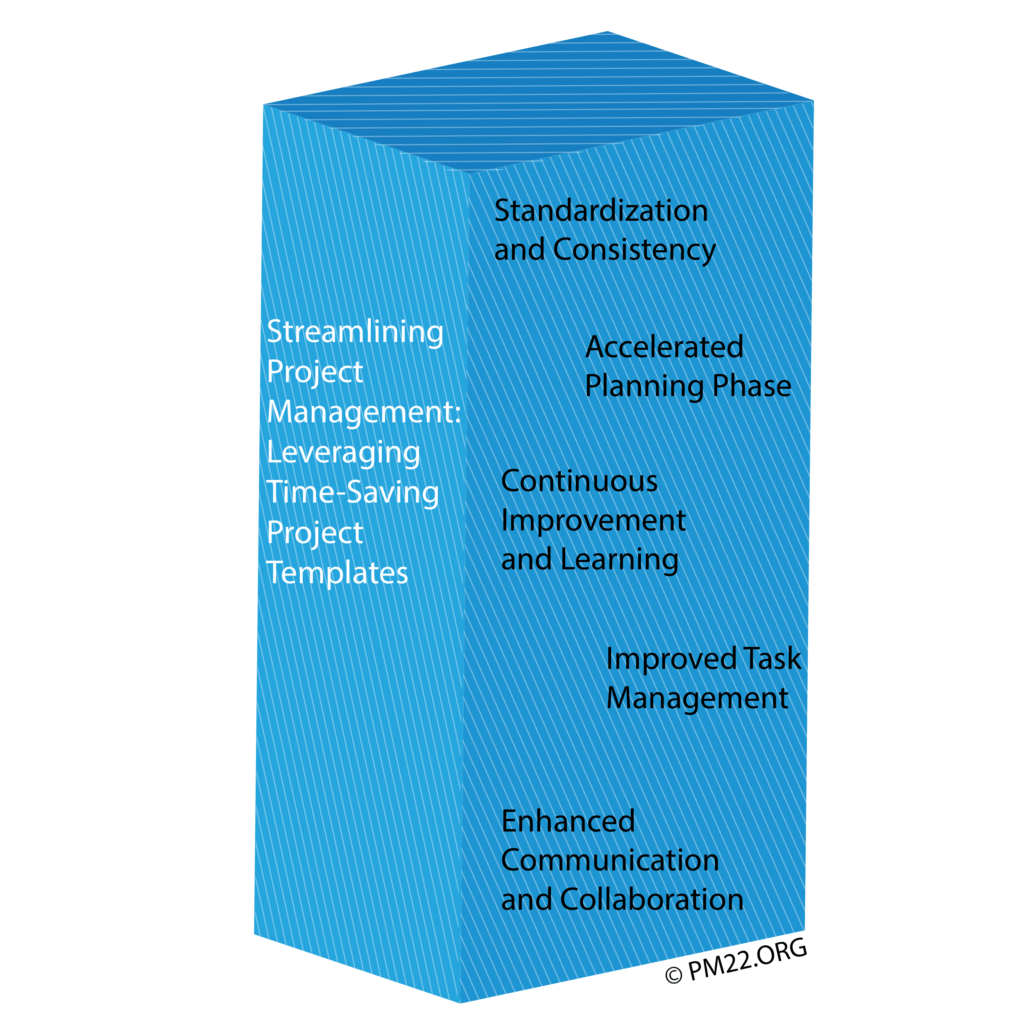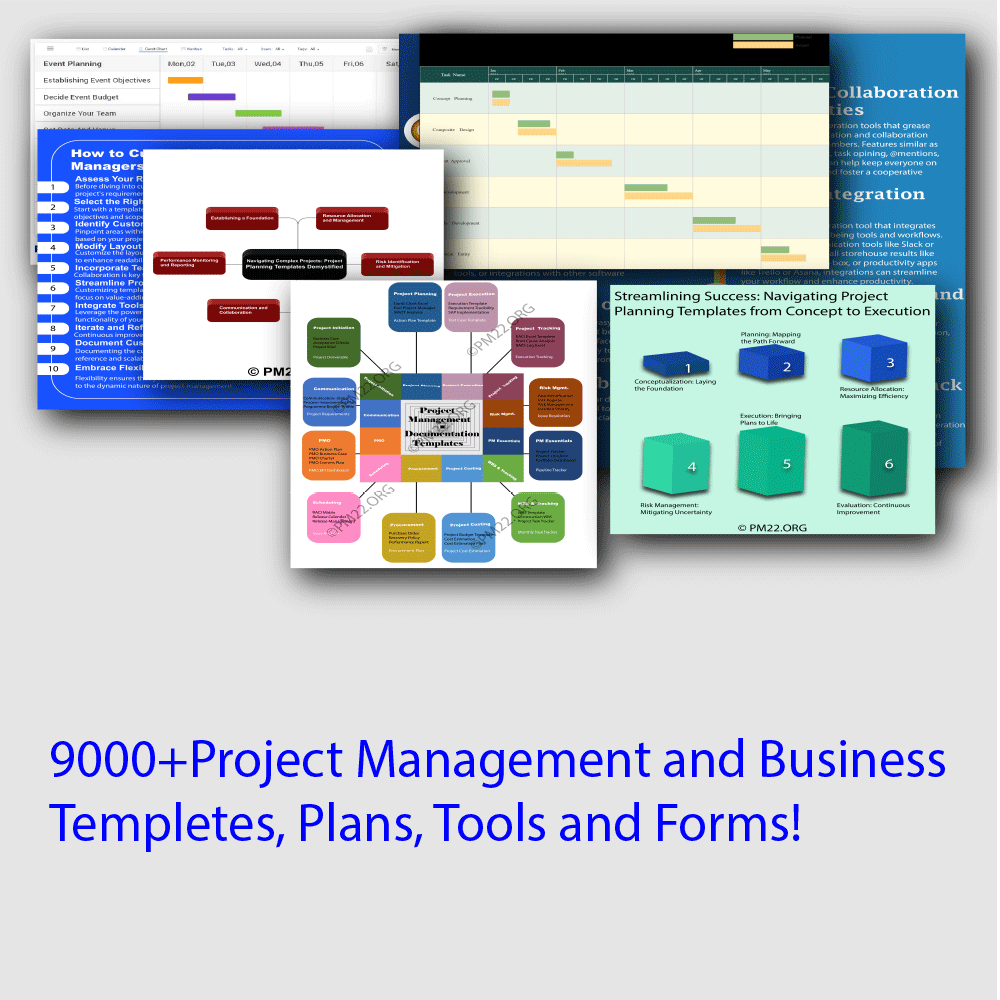 In today’s fast-paced business environment, managing complex projects requires a strategic approach that maximizes efficiency and minimizes errors. With the increasing complexity of tasks and timelines, project managers are constantly seeking ways to streamline their workflows and save time without compromising quality. One effective strategy that has gained popularity in recent years is the use of project templates. These pre-designed frameworks provide a structured outline for managing various project components, from planning and execution to monitoring and evaluation. In this article, we’ll explore the benefits of using time-saving project templates and provide tips for incorporating them into your project management toolkit.
In today’s fast-paced business environment, managing complex projects requires a strategic approach that maximizes efficiency and minimizes errors. With the increasing complexity of tasks and timelines, project managers are constantly seeking ways to streamline their workflows and save time without compromising quality. One effective strategy that has gained popularity in recent years is the use of project templates. These pre-designed frameworks provide a structured outline for managing various project components, from planning and execution to monitoring and evaluation. In this article, we’ll explore the benefits of using time-saving project templates and provide tips for incorporating them into your project management toolkit.
- Standardization and Consistency: One of the primary advantages of utilizing project templates is the ability to standardize processes across different projects and teams. By establishing a set framework for tasks, milestones, and deliverables, project managers can ensure consistency in project execution. This standardization not only simplifies project planning but also enhances collaboration and communication among team members. With predefined templates, everyone involved in the project knows what to expect and can align their efforts accordingly, reducing confusion and minimizing errors.
CLICK HERE TO DOWNLOAD 300+ PROJECT MANAGEMENT TEMPLATES & DOCUMENTS IN EXCEL
- Accelerated Planning Phase: The initial planning phase of a project is crucial for setting goals, defining scope, and allocating resources. However, this phase can be time-consuming, especially for complex projects with multiple stakeholders and dependencies. Project templates streamline the planning process by providing ready-to-use frameworks that include essential elements such as project objectives, timelines, budget estimates, and risk assessments. Instead of starting from scratch, project managers can leverage these templates to jumpstart the planning process, saving valuable time and resources.

- Improved Task Management: Effective task management is essential for keeping projects on track and ensuring timely completion. Project templates typically include task lists, timelines, and dependencies, making it easier to organize and prioritize activities. By breaking the project into manageable tasks and assigning responsibilities upfront, project managers can prevent delays and avoid bottlenecks. Moreover, with built-in reminders and notifications, team members can stay informed about upcoming deadlines and milestones, fostering accountability and productivity.

- Enhanced Communication and Collaboration: Successful project management relies heavily on clear and efficient communication among team members, stakeholders, and clients. Project templates facilitate communication by providing a centralized platform where everyone can access project-related information, updates, and documents. Whether it’s sharing progress reports, discussing issues, or seeking feedback, project teams can collaborate more effectively within the structured framework of a template. This transparency and accessibility not only foster teamwork but also help mitigate misunderstandings and conflicts.
CLICK HERE TO DOWNLOAD 300+ PROJECT MANAGEMENT TEMPLATES & DOCUMENTS IN EXCEL
- Continuous Improvement and Learning: Another advantage of using project templates is the opportunity for continuous improvement and learning. As projects evolve and lessons are learned, project managers can refine and customize templates to better suit their needs and preferences. By documenting best practices, identifying common challenges, and implementing feedback from previous projects, organizations can develop a repository of reusable templates that continually enhance project management capabilities. This iterative process not only saves time but also fosters a culture of innovation and efficiency within the organization.

In conclusion, managing complex projects requires a systematic approach that maximizes productivity and minimizes risks. Time-saving project templates offer a practical solution for streamlining project management processes and achieving better outcomes. By standardizing workflows, accelerating planning, improving task management, enhancing communication, and fostering continuous improvement, project managers can leverage templates to navigate the complexities of modern projects more effectively. As organizations strive to stay competitive in a rapidly changing landscape, embracing project templates can be a valuable investment in optimizing project delivery and driving business success.
